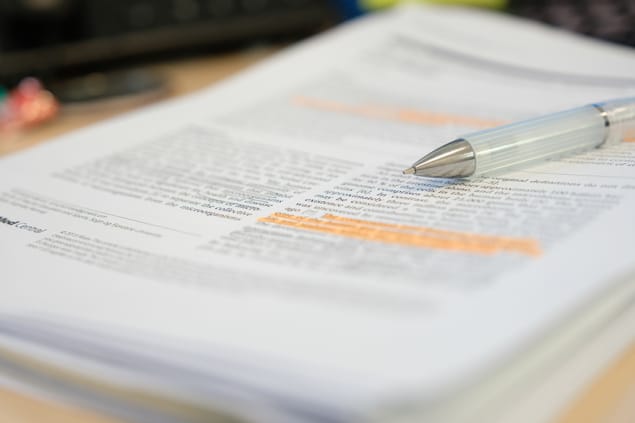
Plasma physicists who publish on the arXiv preprint server have the widest range of research interests. That is according to a new analysis carried out by theorist Sabine Hossenfelder at the Frankfurt Institute for Advanced Studies (FIAS) in Germany and Tom Price, who have introduced a new way to quantify a scientist’s “scientific broadness”. The authors of the paper, which is published on arXiv, say that determining broadness could be used alongside other metrics to measure a researcher’s output.
Scientists have long determined their output by using quantities such as the h-index – a measure of the quality of an individual’s research output based on the number of published papers and their citation rates. Yet scientists are also keen to put a figure on woollier concepts such as the broadness of their research. “I began to wonder if there isn’t a way to quantify just what we mean by ‘broad interests’,” explains Hossenfelder.
Science needs both, specialized and broad researchers
Sabine Hossenfelder
To quantify broadness, Price and Hossenfelder identified 40,000 key words in the title and abstract of more than 1.3 million papers on arXiv. They then assigned keywords to the papers and their authors, leaving each author with a list of associated keywords. The more similar an author’s keywords were to the distribution of the keywords of all authors in the arXiv database the greater their scientific broadness. “The concept that we try to capture is how widely distributed the topics a researcher has worked on are over all existing topics,” Hossenfelder told Physics World.
When they looked at authors that had more than 20 papers on arXiv, the researchers found that those primarily associated with the categories plasma physics, numerical analysis and statistical mechanics had the highest author broadness, on average. Authors associated with astrophysics of galaxies, representation theory and algebraic geometry, meanwhile, had the lowest broadness.
Interdisciplinary benefits
According to Hossenfelder, broadness is neither good or bad. “I think science needs both, specialized and broad researchers,” she explains. “Each have their place, but each fulfil different needs. Sometimes digging deep into a problem is the way through, and sometimes you find new inspiration while learning what goes on in other disciplines.” The study also looked at looked at where the authors did the work to establish a “country broadness”. They found that researchers based in Israel, Austria and China carried out the broadest research, with Japan, Iran and South Korea languishing at the bottom.

Peer review under the spotlight
Lutz Bornmann, a sociologist of science at the Max Planck Society in Munich, Germany, who was not involved in the research, told Physics World that crossing disciplinary boundaries is important, particularly when addressing complex problems such as global warming. He adds that broadness could be useful for evaluating individual researchers, explaining that some methods select researchers based on the number of highly-cited papers within certain disciplines, possibly disadvantaging those that work across fields. “The new broadness metric could be used to empirically study that and to reveal this supposed weakness,” he adds.



